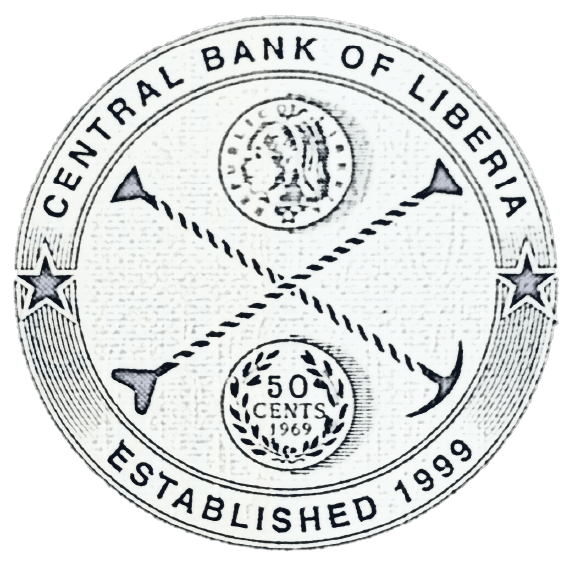MONROVIA – 27 October 2021:The Executive Governor of the Central Bank of Liberia (CBL), Mr. J. Aloysius Tarlue, Jr., has said that financial digitization, which includes mobile money services, is a key priority in both the Bank’s 3-year Strategic Plan (2021-2023) and the National Financial Inclusion Strategy, noting that the printing of money is not the only solution to facilitating payments in the economy, but that digitization is the way forward.
In his opening statement at a forum held at the CBL auditorium to discuss how to enhance digital payments, Executive Governor Tarlue said, although the Liberian dollar is getting stronger, this is not reflected in reduced prices. “All this could be resolved with an increase in digital financial services”, the CBL Executive Governor stressed.
Other government officials making remarks during the Forum were the Comptroller General, Janga Kowo, Internal Affairs Minister, Varney Sirleaf and Liberia Revenue Authority Commissioner General, Thomas Nah Doe. They welcomed the initiative and pledged their respective institutions’ support toward its success.
Speaking also at the Forum, the World Bank country manager Mr. Khwima Nthara said the National Electronic Payment System is the key platform in reducing transaction costs but that whilst it is important that financial digitization should be accelerated, it should be done in such a way that it does not create a digital divide between the poor and the better offs but foster financial inclusion at the same time.
The UNDP Resident Representative Mr. Stephen A. Rodriquez, for his part, maintained that accelerating digital financial services could be a ‘game changer’ for Liberia, stating that the future is digital and that the fastest growing companies are those involved in technology, insurance, and healthcare. He said the world is currently moving towards a fourth industrial revolution. “It is not just about implementing the National Electronic Payment System but also about moving Liberia into the digital space, while at the same time fostering innovation, reducing costs and time for citizens to transact business,” the UNDP official emphasized, noting that electronic payment systems such as mobile money have the potential of creating transparency, reducing corruption and bringing about financial inclusion. Both the UNDP and World Bank said they were happy to be supportive of CBL’s financial digitization efforts.
Mr. John B. S. Davis, President of the Liberia Bankers Association, expressed his gratitude to the CBL for the initiative, intended to expand the use of digital financial services, thereby creating real time access to finance. He further assured the forum that the commercial banks are ready and will fully support the process.
The National Payment Systems Stakeholders’ Forum was hosted 27 October 2021, by the CBL, under the theme: “The Drive Towards a Cash Lite Agenda Across the Country.”
Other participants included the Managing Director LIBTELCO, the Acting Managing Director of the Liberia Telecommunication Authority (LTA); representatives financial and non-bank financial institutions providing digital financial services.
As articulated in its Strategic Plan and Financial Inclusion Strategy, financial digitization is one of the key goals of the CBL. Hence, the Bank with support from key partners, is working to upgrade the National Electronic Payment Switch (NEPS), which will provide the platform for interoperability and drive instant retail payments, thereby fast tracking the impact of the financial digitization on the lives of the ordinary Liberians, promoting financial inclusion and economic efficiency. Some of the key benefits that an improved and well-functioning National Payment System will achieve include:
- Bringing in the more cash into the banking system as people would not need cash for payments of the goods and services, but instead can use electronic means of payment in a more secure and convenient form;
- It will help to retain more cash resources in the banking system for financing the private sector and boost economic growth;
- It will reduce our reliance on physical cash transactions and the pressure for cash, especially during the festive season, as we have persistently experiences in the recent past;
- It will improve currency management by the CBL by reducing the frequency of printing additional banknotes, which come at significant costs. Those resources can be redeployed into productive sector of the economy;
- It will help enhance the efficiency of public financial management by ensuring that public resources are properly accounted for, among other benefits; and
More fundamentally, it will help enhance the monetary policy operations of the CBL by supporting liquidity management and promoting financial stability.
